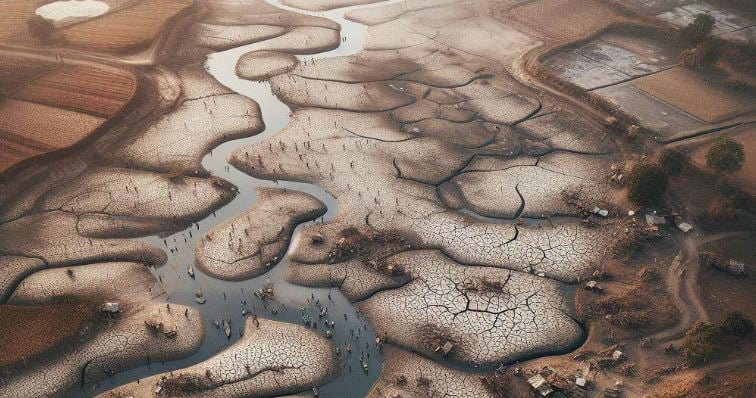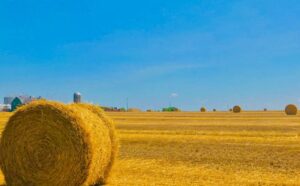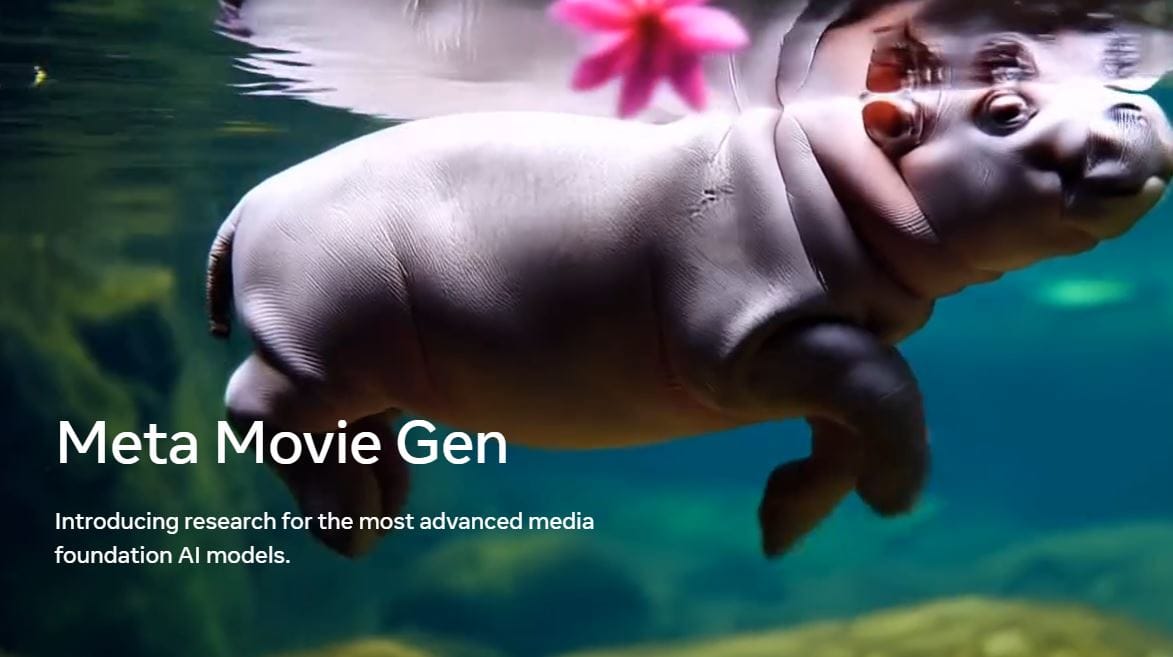From agriculture to daily hygiene, the consequences of eternal drought would touch every corner of society. But what would such a world look like, and how could we adapt to survive and thrive in it? the consequences can help us appreciate the delicate balance of our planet’s water cycle and inspire us to conserve this precious resource.
What are The Initial Impacts of Eternal Drought?
The first casualty of an eternal drought would be our familiar landscapes. Lush green fields would turn brittle and brown, vibrant ecosystems would crumble, and the very foundation of life – agriculture – would be thrown into chaos.
- Food shortages: Without rain, crops would fail, leading to widespread food shortages. We’d see a scramble for remaining resources, potentially sparking social unrest and conflict. Remember the “Dust Bowl” era in the American Midwest during the 1930s? A glimpse into the desperation and hardship drought can bring.
- Water rationing: As freshwater sources dwindle, governments would be forced to implement strict rationing. Imagine taking a quick shower becoming a luxury, or washing your clothes being a chore reserved for special occasions.
- Mass migrations: Entire regions would become uninhabitable, leading to mass migrations towards dwindling freshwater sources. Think of the current refugee crisis, but fueled by a desperate search for water, not war.
A Fight for Survival: Adapting to the New Normal
Humanity is a resourceful bunch, and we wouldn’t go down without a fight. Here are some ways we might adapt to this harsh new reality:
- Desalination: Desalination plants, which remove salt from seawater, would become the primary source of freshwater. However, this process is energy-intensive, so a shift towards renewable energy sources like solar and wind power would be crucial.
- Drought-resistant crops: Scientists would accelerate research into drought-resistant crops that require less water to grow. Imagine fields filled with new varieties that thrive in harsh conditions.
- Underground water: Groundwater reserves would become a lifeline, but their extraction needs careful management to avoid depletion. Think of tapping into hidden water sources, but with a sustainable approach to avoid running them dry.
- Water reuse: Recycling wastewater for non-potable purposes like irrigation or flushing toilets would become commonplace. Every drop would be precious, and we’d find ways to use it multiple times.
The Human Cost: Beyond Scarcity
The impact of an eternal drought wouldn’t be limited to physical resources. It would also take a toll on our social fabric:
- Conflict over water: Water would become a source of conflict, both between nations and within communities. Imagine disputes erupting over access to wells or rivers, a stark reminder of the importance of cooperation during times of crisis.
- Mental health: The constant stress of water scarcity would lead to an increase in anxiety and depression. Imagine the psychological toll of living in a world where every drop counts.
- Loss of cultural heritage: Many traditional practices and livelihoods that rely on water would disappear. Think of fishing communities drying up, or rice paddies replaced by dusty plains.
A Call to Action: Preserving Our Water Future
While an eternal drought might be a hypothetical scenario, it serves as a stark reminder of the importance of water conservation. Here’s what we can do today:
- Reduce water consumption: Simple steps like taking shorter showers, fixing leaky faucets, and watering lawns less often can make a big difference. Every drop saved counts!
- Support sustainable practices: Look for companies committed to water conservation in their products and processes. Your buying power can make a difference.
- Advocate for change: Demand that governments invest in water infrastructure and research into drought-resistant solutions. Let your voice be heard!
By taking action now, we can ensure that our world doesn’t become a parched wasteland.






